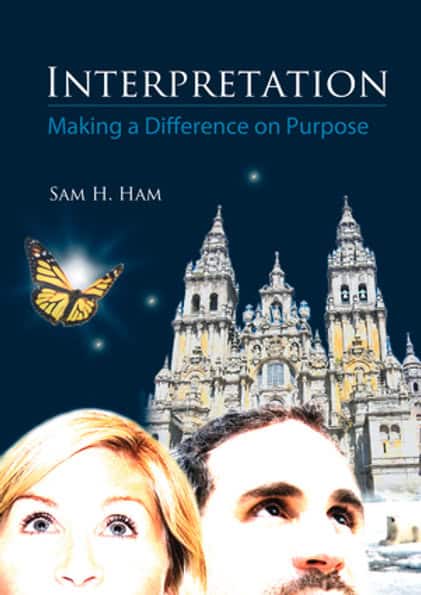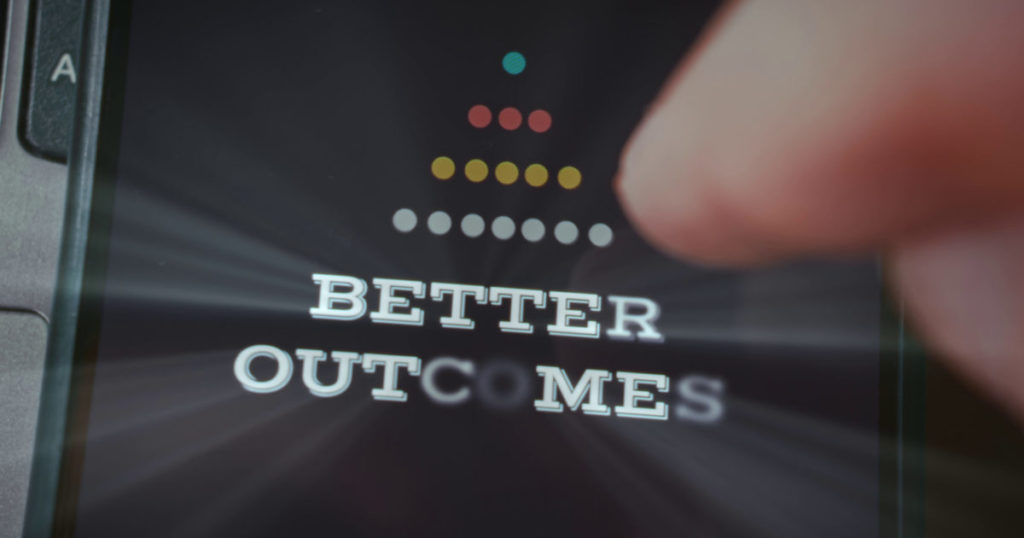You want to create a better future. Even folks you think are “anti-everything,” you value, probably agree with you more often than not if you can communicate through the propaganda, disinformation, and fear.
How do we bring about the changes we want and help others to be Agents of Change? Through telling stories that impel. Through communication that leads to behavior change.
A revolution in how we treat the environment and a revolution in education both need human behavior change on a vast scale. Behavior change starts with the stories we tell and the cultures those stories help build or rebuild or demolish. What themes should our stories address to engender change in people’s thoughts and behaviors? How do the stories lead to cultural change and how should they be organized?
We need to address this with urgency – our viability as a species is on the table.
Cultural change can happen, fast and with just a few provocateurs. Look at Mothers Against Drunk Driving (MADD). In a few short years they changed the US culture from one that often celebrated drunk driving to one where it became largely uncool. They personalized drunk driving and they changed the culture of a nation.
They told stories that made the issue real – relevant.
Working with a team of exceptional young professionals, I created the “ONE T&T,” campaign in Trinidad and Tobago. This was a national consumer environmental behavior change campaign that ran for three years and contacted tens of thousands of people – educating them about energy and water conservation, recycling, littering, respecting nature and more..

Making a Difference on Purpose
Through “ONE T&T,” I met my dear friend, collaborator, and mentor, Sam Ham, Professor Emeritus at University of Idaho. Sam’s book, “Interpretation: Making a Difference on Purpose,” is the gold standard for the craft of environmental, cultural, and historical interpretation which leads to behavior change. Thousands of teachers, interpreters, guides, and docents in parks, museums, cultural and historic sites all over the world use tools he gave them.
My key takeaway from the book and the central organizing model of the campaign was Sam’s mnemonic – T.O.R.E. – Interpretation should have a (T)heme, be (O)rganized, be (R)elevant, and be (E)ntertaining.
On a personal note, I believe that academia can use more Sam Hams. In a seminar for a Master’s degree I was working on at a UK university I proposed that our research projects should have a theme, be organized, be relevant, and be entertaining. The word “entertaining,” came out of my mouth and landed heavily. The professors, including my advisor, were openly chagrined. They explained that entertainment had no place at their university and that I was not to be entertaining under any academic circumstances. (I dropped out a week later).
Sam’s work has had immense influence all over the world, impacting the stories that millions of people hear every year. It is unlikely that you have not been the recipient of some of Sam’s wisdom and magic.
Sam is one of my heroes. He is proof positive that one person can have an outsized impact that carries on through time and through everyone they’ve touched with their work.
“Making a Difference on Purpose” through our stories, is about empowering and motivating behavior change.(I vote for ‘entertaining’ as well). Stories can encourage discoveries about oneself, one’s community and one’s culture. Stories, through whatever media they are told, are opportunities to, as Andrew Park (@hairyhand here on TCR) recently told us in the new How am I Creative Podcast,“put truthful stuff out there… put girders in place to support the truth, because it’s being eroded.”
Environmental truths are important commodities right now.
We recently heard, through Joshua Heath Scott and Byung Chul Ha, that “culture teaches symbolic values that found a community.” Behavior change in individuals is inalienable from the cultural changes needed to preserve and repair our environment.
If you are reading this you are probably a fan of change. You may be desperate for it. The environment needs human cultural changes. These will come from individuals, the communities and cultures they create, and the values that grow from them. Good stories well told can change behavior and cultivate the Agents of Change that embody the Revolution. Thanks for your attention. Steven Greenleaf .
10 Mar. 2025 Steven Greenleaf
